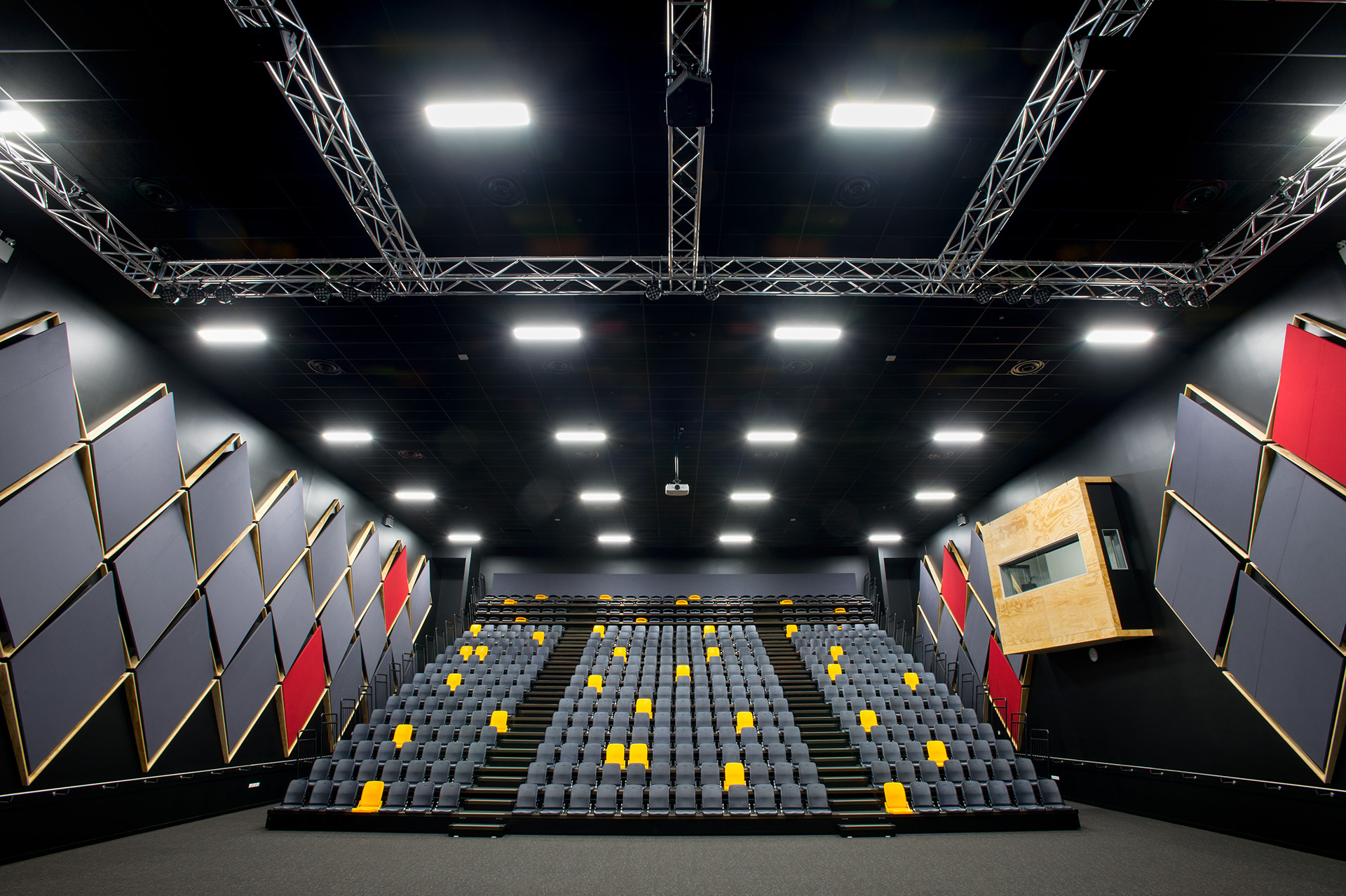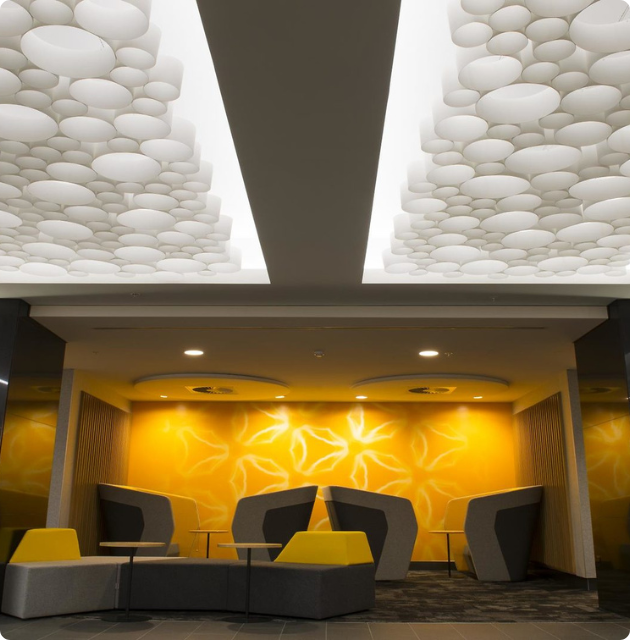We might be a NZ success story now, but Asona started life in a garage in 2003.
After starting his career selling and creating ceiling materials, owner Neil Ridgway decided to escape the corporate world and start his own business. Playing around with materials in his garage and doing research at the acoustics lab led (eventually) to a glass matt composite that was unique in NZ.
He then moved out of the garage and into a factory, complete with a second hand machine bought in Australia. Neil found his first worker – an Afghani refugee - while he was doing volunteer work, and more workers followed.
After starting production on that first glass composite, we launched our first range of products. Neil and the team were able to manufacture a range of materials that weren’t otherwise available in NZ, giving us a unique edge over the competition. We grew from there, moving to a bigger factory, continuing to manufacture materials and even installing specialty products for some clients.
As the company grew, we took on bigger projects, got some exposure, and started to make a name for ourselves. Architects and builders started coming to us for specialty materials and help with big, complex projects.
Another move led to an even bigger factory. We built a new laminated production line and brought in more equipment. Assets increased, capacity grew, and we built up a team of creative, capable people. Asona now have patents for their composites and unique recycled material panels, and we’ve even won a bunch of awards for innovation from the NZ Green Building Council Awards, Finalist in the 2015 NZ Interior Awards and a Silver in the W3 International Awards for our innovative website.
Asona is still growing today. The fact that we can create custom materials locally makes us unique in a market saturated with importers.
We’re passionate about creating unique materials for unique projects. We want people to get excited about their projects and our products. We never say no to a project, we’ll always have a look and see what we can do. We’ve taken on projects that we’ve never done before and just figured it out along the way.
We’d like to open more offices around the world, supporting the communities that we’re supplying to, and look for opportunities to work with other companies in other countries.
Although we want to keep growing, we’re never going to be a huge corporate producer. We don’t want that. We’d rather find better ways of doing things, get the same outcome with less materials and try to lessen our impact on the environment. We think we can make a bigger difference by being smart, focussed and adaptable.

















